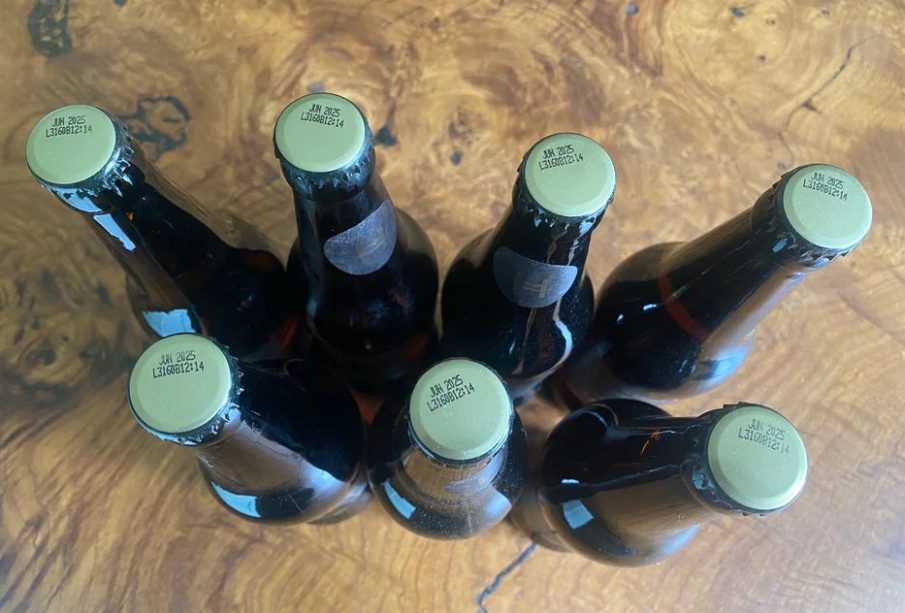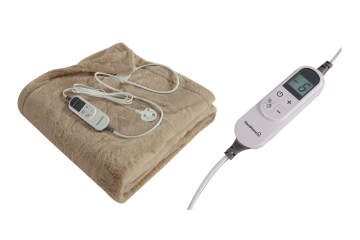Hawkstone Lager Recall: What Consumers Need to Know

Introduction
The recall of Hawkstone Lager, a popular British beer, has sent ripples through the beverage industry and among consumers concerned about food safety. As with any food or drink recall, understanding the implications for public health and the steps necessary to ensure consumer safety is of paramount importance. This recall has highlighted the critical need for transparency and candour in product safety practices, particularly within the alcohol sector.
Details of the Recall
On October 15, 2023, the brewery announced a voluntary recall of specific batches of Hawkstone Lager due to potential contamination with harmful substances. The Food Standards Agency (FSA) reported that the recall affects select cans and bottles sold across the UK since July 2023. Consumers were advised to check the code printed on their products to determine if they were affected by the recall.
The reported issue was identified during routine testing, which suggested the presence of an unapproved additive that could pose a health risk to consumers, particularly those with allergies or sensitivities. The brewery, which has gained a reputation for its high-quality craft beers, expressed its commitment to customer safety, urging anyone with affected products to return them to the point of purchase for a full refund.
Impact on Consumers and the Industry
This recall has spurred reactions from both consumers and industry experts. Many beer lovers expressed disappointment, given Hawkstone’s rising profile as an independent brewery championing quality and authenticity. Industry analysts note that while such incidents can cause short-term damage to a brand’s image, they can also serve as a wake-up call for better quality control practices across the sector.
Retailers are now facing the task of managing inventory that includes the recalled products. Some industry leaders have suggested that this incident will push for stricter regulations and oversight within the brewing industry to safeguard consumers more effectively.
Conclusion
The Hawkstone Lager recall serves as a vital reminder of the importance of food and beverage safety regulation. Consumers are encouraged to stay informed and report any suspicious products. While it is unfortunate that incidents like this occur, they also offer an opportunity for all stakeholders involved — from the producers to the regulators — to improve their processes and contribute to a safer public health environment. Looking ahead, this situation may catalyse a stronger emphasis on stringent safety standards, fostering greater trust between consumers and manufacturers in the beverage industry.









